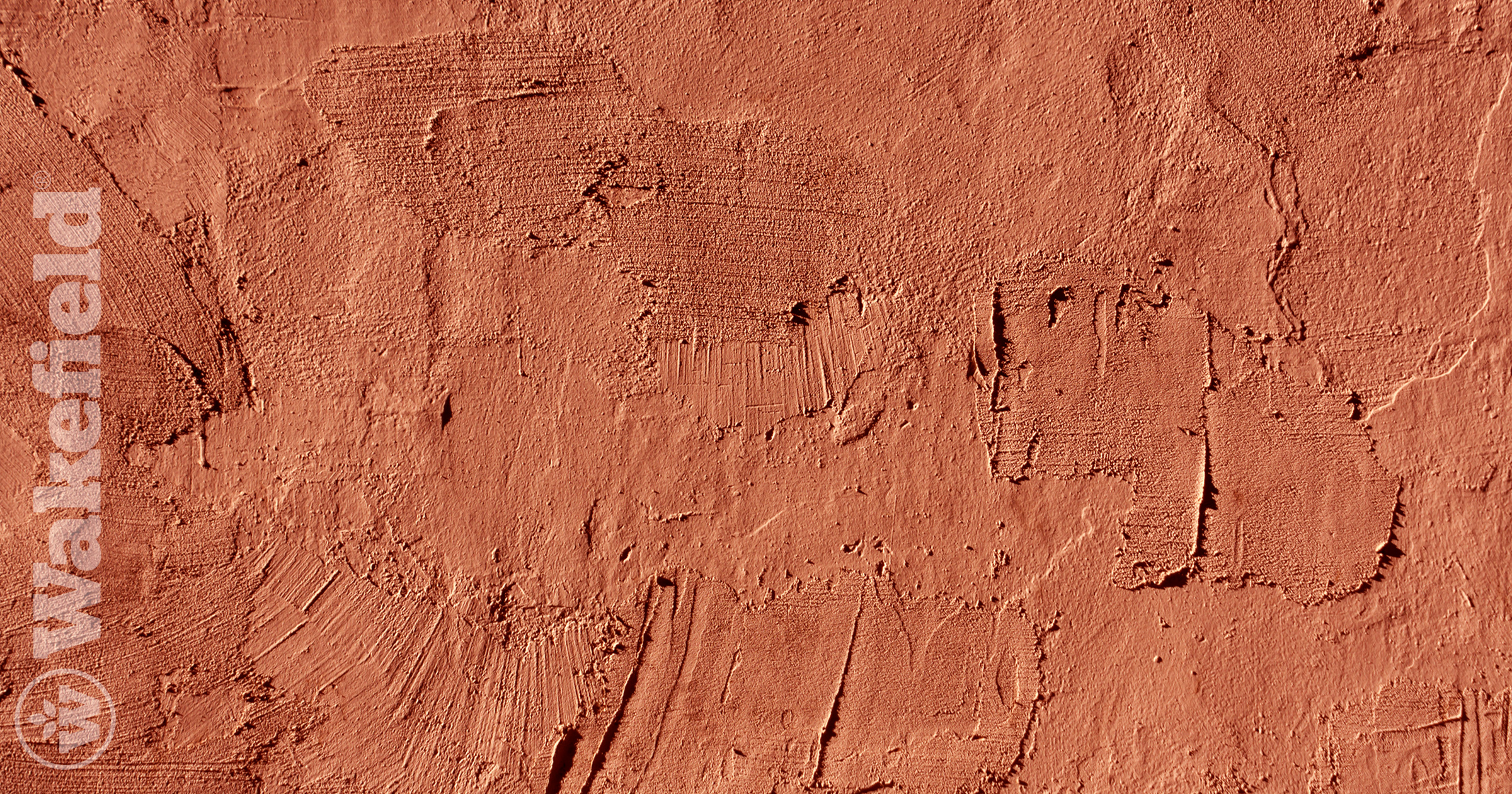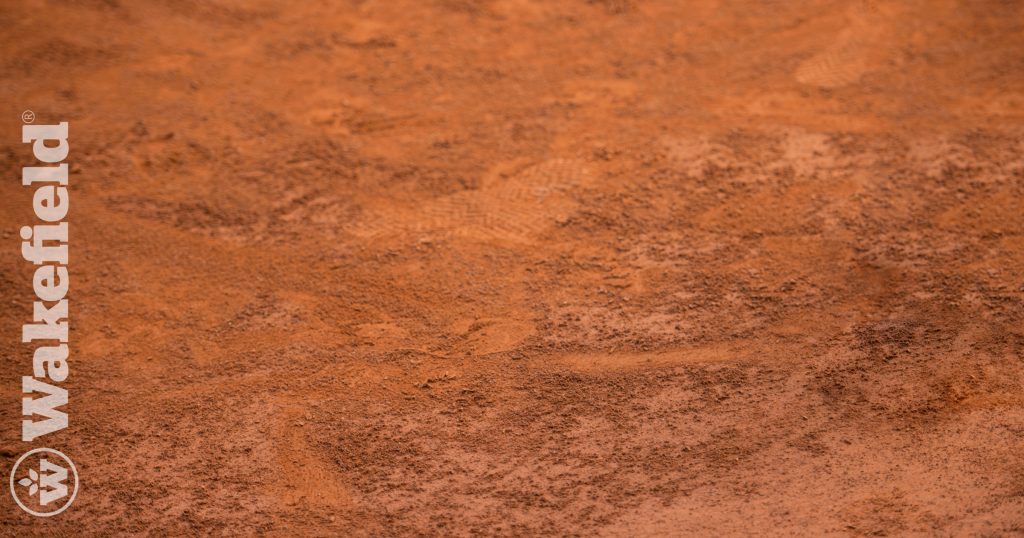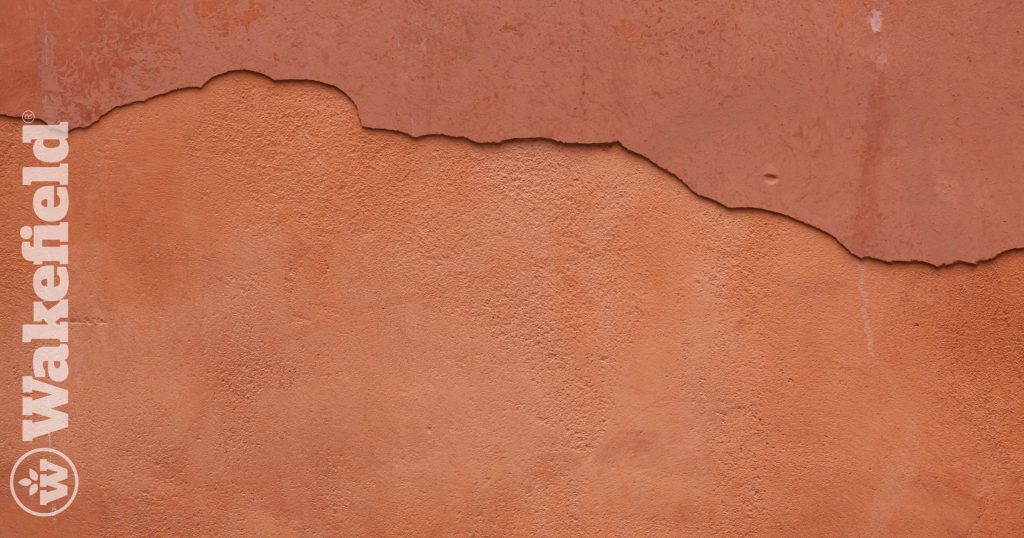Clay Soil Conditions

Clay soil is challenging due to its tightly packed particles, which provide little room for aeration and space for roots. However, you can treat clay soil with compost and a bit of biochar as amendments. This plant-based, all-natural soil conditioner, made from recycled wood, helps keep your garden or crops healthier year after year. Adding biochar and compost transforms clay soils into productive soils where plants can flourish, creating a healthy lawn or garden or improving trees with less effort.
What Causes Clay Soil?
Clay soil consists of minute particles, not bigger than 0.002mm, and contains at least 25 percent clay.
Characteristics of clay soils include:
- Stickiness
- Ability to hold more water
- Poor drainage
- Extreme density
How Clay Soil Affects Plant Growth
Clay soil does have advantages, such as holding water better than other soil types, which helps plants during drought conditions. However, roots are more prone to rotting after heavy rains due to poor drainage.
In winter, clay soils are cold and wet, while in the heat of summer, they bake dry and might develop surface cracks. These extremes affect plant growth, making clay soils among the last to warm up for spring planting. There is a shorter window for planting, limited to late spring and early summer. While early vegetables are difficult, clay soils may produce abundant main crops for later cultivation.
Due to its density, clay soil can hinder root growth, making it harder for plants needing good drainage to flourish. Beneficial microbes, healthy bacteria, and worms are seldom found in clay soil. However, it tends to be nutrient-rich, especially when amended with compost and biochar.
Identifying and Amending Clay Soil
If your soil becomes messy when wet and sticks to everything, you may be dealing with clay. Pick up a wet soil sample to feel it. Clay soils are sticky and easy to roll into a ball, retaining their shape. They come in various colors, such as red, brown, and white, depending on the minerals involved.
Adding compost and a bit of biochar helps improve various clay soil problems, including:
- Compaction: Biochar breaks down compaction, allowing plant roots better access to nutrients and making the soil more workable.
- Lack of microbial activity: Biochar increases microbial abundance in soil by changing pH and boosting soil carbon content.
- Soil aeration: Biochar improves soil aeration, making clay soil more suitable for planting.
Learn More From Wakefield Biochar
At Wakefield Biochar, we believe better soils make a better world. Our biochar is derived from virgin wood, the tree scraps from paper mills. Our products are certified by the Forest Stewardship Council, which ensures wood comes from “responsibly managed forests that provide environmental, social, and economic benefits.”
We can help you improve the health of your soil, no matter the type, with our all-natural, certified organic soil conditioner. Increase crop yields and grow healthier plants with less work. View our full selection of biochar soil health products.







